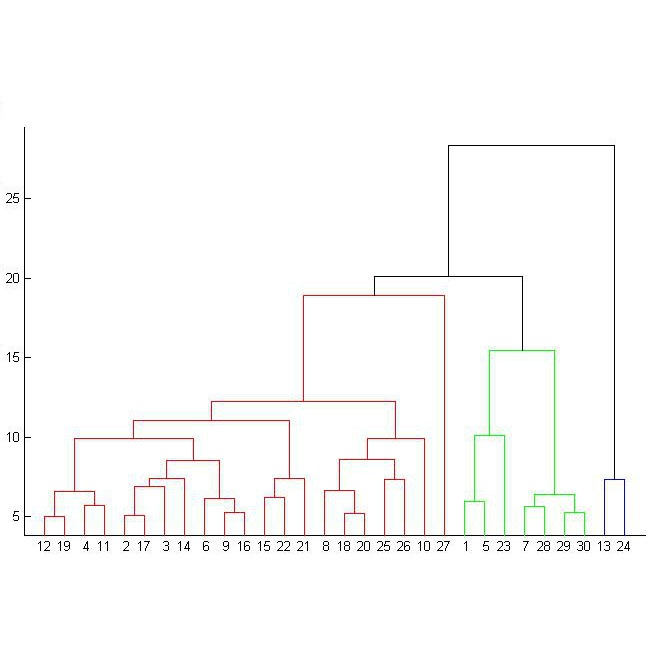Sharding is used to improve the scalability and performance of blockchain systems. We investigate the stability of blockchain sharding, where transactions are continuously generated by an adversarial model. The system consists of $n$ processing nodes that are divided into $s$ shards. Following the paradigm of classical adversarial queuing theory, transactions are continuously received at injection rate $\rho \leq 1$ and burstiness $b > 0$. We give an absolute upper bound $\max\{ \frac{2}{k+1}, \frac{2}{ \left\lfloor\sqrt{2s}\right\rfloor}\}$ on the maximum injection rate for which any scheduler could guarantee bounded queues and latency of transactions, where $k$ is the number of shards that each transaction accesses. We next give a basic distributed scheduling algorithm for uniform systems where shards are equally close to each other. To guarantee stability, the injection rate is limited to $\rho \leq \max\{ \frac{1}{18k}, \frac{1}{\lceil 18 \sqrt{s} \rceil} \}$. We then provide a fully distributed scheduling algorithm for non-uniform systems where shards are arbitrarily far from each other. By using a hierarchical clustering of the shards, stability is guaranteed with injection rate $\rho \leq \frac{1}{c_1d \log^2 s} \cdot \max\{ \frac{1}{k}, \frac{1}{\sqrt{s}} \}$, where $d$ is the worst distance of any transaction to the shards it will access, and $c_1$ is some positive constant. We also conduct simulations to evaluate the algorithms and measure the average queue sizes and latency throughout the system. To our knowledge, this is the first adversarial stability analysis of sharded blockchain systems.
翻译:暂无翻译



